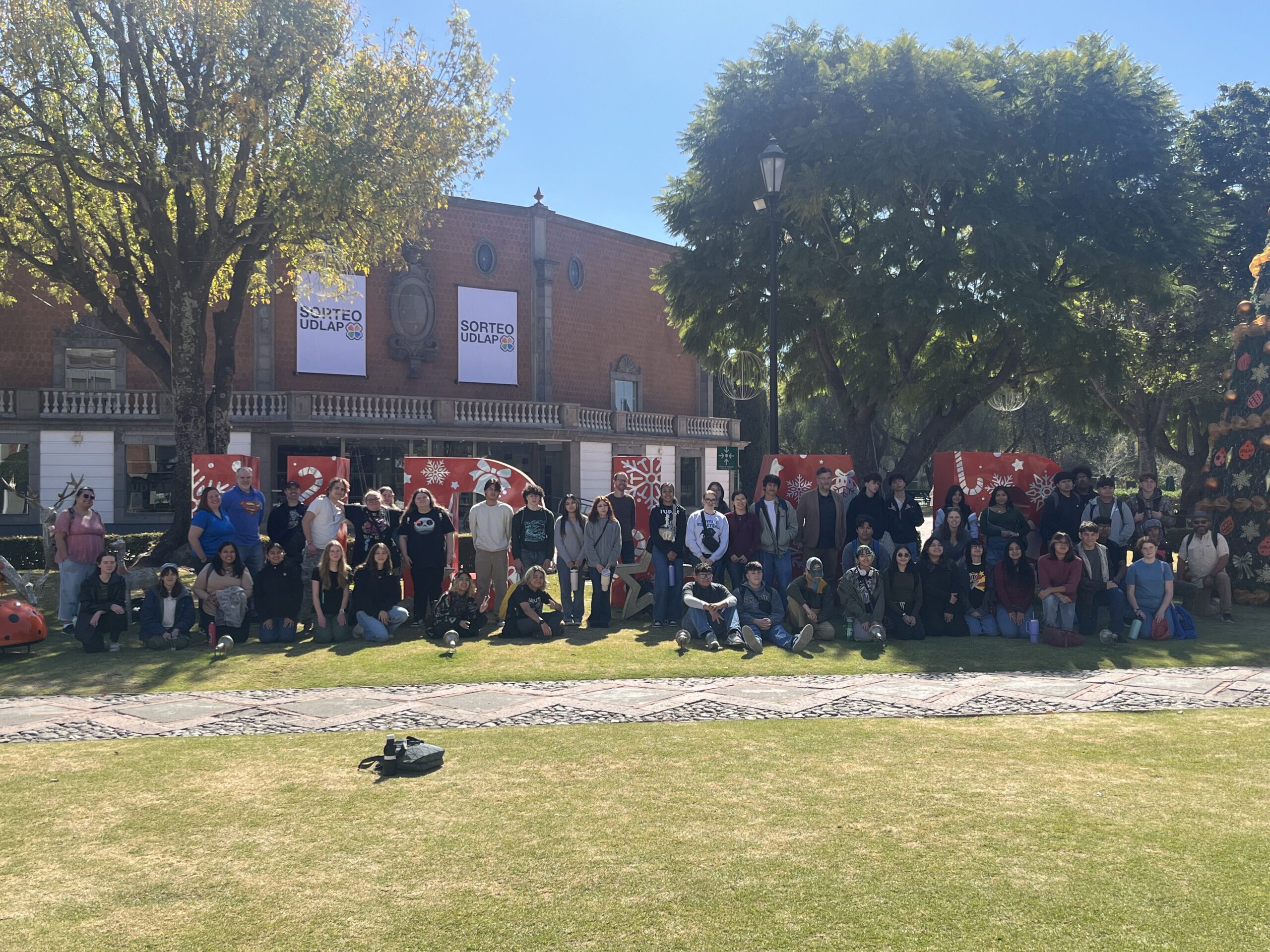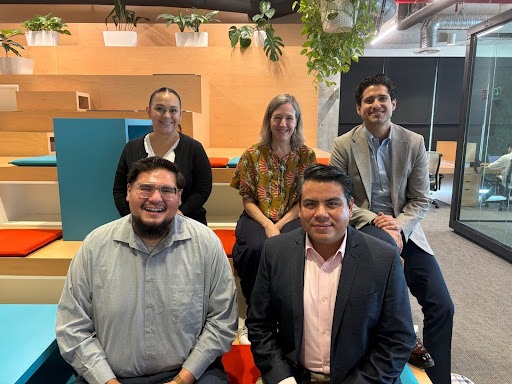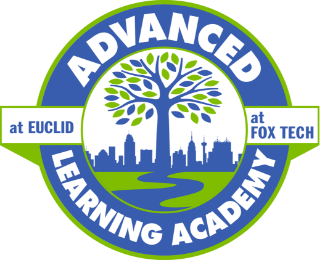
There is no shortage of passion in our community regarding education and economic development as was evidenced by a recent op-ed in the Rivard Reportand ensuing commentary that triggered varying points of view.
While sometimes slightly misguided, this passion, when harnessed in a collaborative and informed way, is what fuels improvement.
Recent portrayals of the San Antonio business community as disengaged from the issue of school reform are less than accurate. Even if this characterization was correct, the business community cannot be held entirely responsible for an issue as large-scale and complex as school improvement. Long-lasting and meaningful change must be driven by the alignment of all accountable parties.
SA Works is the workforce development organization embedded within the San Antonio Economic Development Foundation. Our mission is to align the education and private sectors to meet the immediate, mid-, and long-term needs of industry, while providing economic mobility to the residents of our community.
Our work is supported by three key pillars: cultivating our homegrown talent, supporting and creating opportunities for additional training for incumbent workers, and assisting with the recruitment and retention of top talent in our region.
At the core of these three pillars is employer engagement driven by many of our key industry leaders and representatives of top employers headquartered in San Antonio who comprise the SA Works Industry Advisory Council.
With financial support from the Charles Butt Foundation, the City of San Antonio, and Bexar County, SA Works was created to help bridge the gap that can exist between local P-16 educators and the business community. Because the founding board members recognized the critical link between high-performing school districts and post-secondary institutions and the economic competitiveness of our city, they established SA Works to serve as a much-needed intermediary.
SA Works Council members and their respective companies have increased involvement in significant ways, from providing work-based learning opportunities for youth via job-shadow days and internships that help increase college and career awareness, to serving on industry advisory committees that help quantify local demand. These leaders also inform curriculum development for the new CAST (Centers for Applied Science & Technology) career-themed high schools and influence local and state policy.
While lack of school funding is a systemic issue that needs to be addressed at the state level, there are challenges we can address at the local level.
The first is a robust pipeline of high-quality, well-trained teachers who are ready to enter the field. With historically low numbers of students interested in teaching, we need creative solutions to attract and retain talented people in the field through better pay, lifelong learning and career growth, rigorous preparation time in local classrooms and, importantly, an instilled respect for the profession.
Second, as a city with one of the highest rates of adult illiteracy in the country, we must instill a love of language and reading in our children. Through programs like Read Charlotte, other cities are tackling this challenge to ensure that all kids, regardless of demographics or geography, have the support necessary to read by the end of third grade. Research correlates that literacy is a critical benchmark for later educational success. We need a balanced commitment across our community to ensure the same for San Antonio youth.
Ten years from now, all jobs will require some form of post-secondary education, but not always a four-year degree. We need to co-create a system that allows each student to reach his or her fullest potential. Organizations point to high school graduation rates as a success metric, but in a knowledge-based, fast-changing economy, we must pay more attention to college persistence to ensure students are college- and career-ready. At CAST schools, the idea is to graduate students with the maximum number of options available so their interests guide the next step.
As one of the most income-segregated cities in the country, the skills gap is a real and growing problem in San Antonio that leads some employers to recruit from outside the region, reduce operations, or consider relocating. This should create a sense of urgency. It is a short-term issue if you are currently recruiting employees in high-demand fields such as high-tech, health care, or advanced manufacturing.
But it is also a long-term issue when considering the San Antonio we envision for the future. Will it be a place where only some students have access to opportunity? Or will we hold ourselves accountable to ensuring that every child entering fourth grade can read and all students graduating from high school are capable of doing college-level math and can successfully pursue their first job?
We all have a role to play in making our schools better through the contribution of our time, talent, and funding. This could mean mentoring, volunteering, or lending your expertise to running for school board trustee and, importantly, voting.
If we don’t prepare local residents – from the youth in our schools to underemployed adults – with the skills industries need, San Antonians will lose out on job opportunities that offer economic mobility for themselves and their families, and we will lose our global competitiveness as a city.
Source: Rivard Report By: Kate Rogers and Romanita Matta-Barrera

